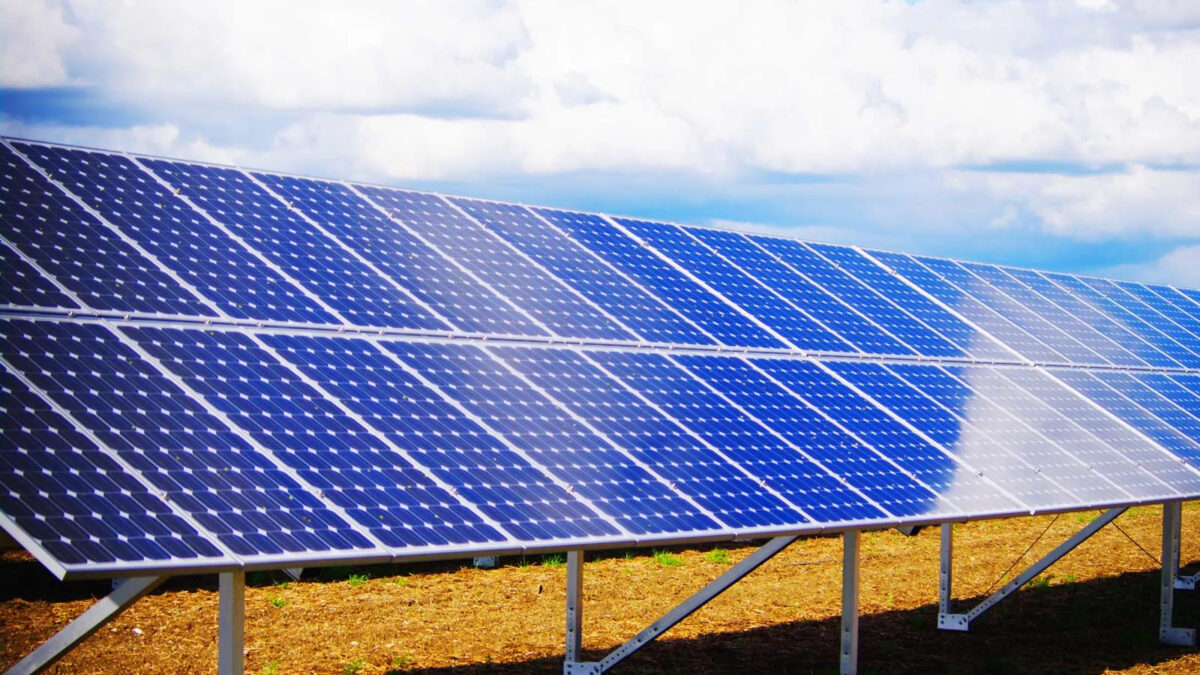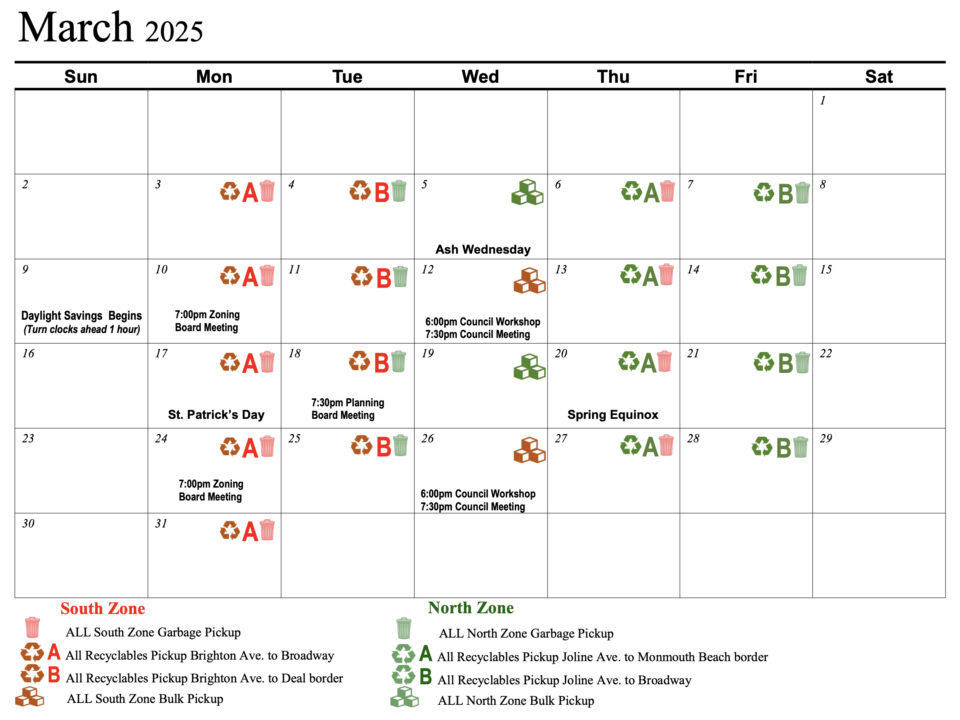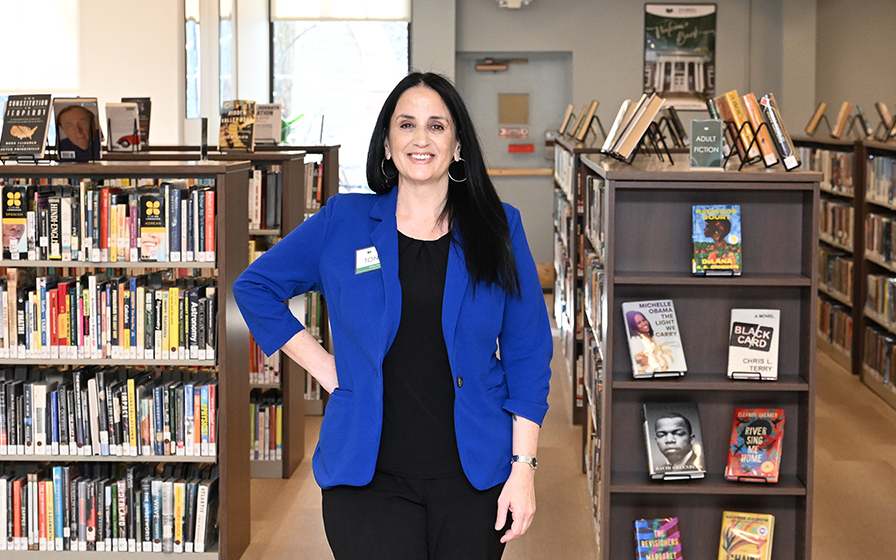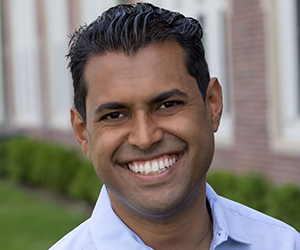
Devils hand Ocean first loss of the season
September 18, 2023
VW for sale
September 18, 2023There are plenty of great reasons to be interested in solar power: Energy from the sun is plentiful and free, and harnessing it doesn’t pollute the air with greenhouse gases at a time when the impacts of climate change have become a regular threat to our health and safety.
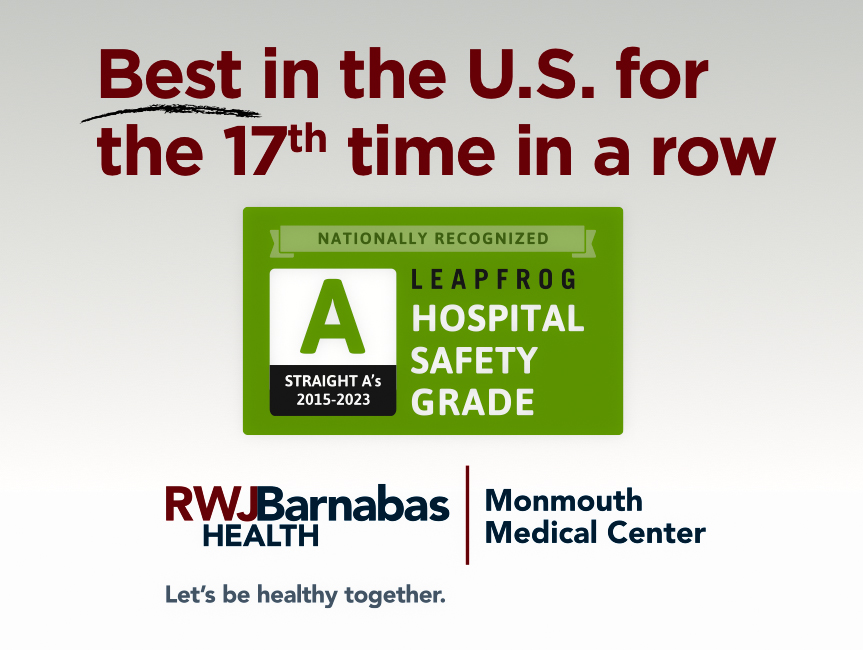 But not everyone owns a house with a roof suitable for solar panels. Maybe you rent rather than own. Maybe you’re in an apartment, townhouse or other multi-family building. Or if you own a house, maybe the roof faces the wrong direction or is shaded for most of the day.
But not everyone owns a house with a roof suitable for solar panels. Maybe you rent rather than own. Maybe you’re in an apartment, townhouse or other multi-family building. Or if you own a house, maybe the roof faces the wrong direction or is shaded for most of the day.
Did you know that you don’t need to own a home – or worry about roof angles and direct sunlight – to reap the benefits of clean, renewable solar energy?
Thanks to New Jersey’s “community” solar energy program, tens of thousands more New Jerseyans are now able to get electricity generated by solar power. And at a discount from the rates charged by utilities!
In August, following a successful two-year pilot project, the state Board of Public Utilities (BPU) voted to establish a permanent community solar program to expand New Jerseyans’ access to the benefits of solar energy. The program especially helps low- and moderate-income households, which pay a higher share of income on their energy bills and for whom solar power has historically been out of reach.
Here’s how it works:
The BPU is approving scores of projects across New Jersey for building solar arrays on commercial and industrial rooftops, “brownfield” and landfill sites, and canopies over parking lots and other impervious surfaces. This emphasis on sound siting is another winning feature of the program.
Residents interested in solar can sign up to receive power from a community solar facility near them. They receive a credit applied directly to their utility bill for the solar provider to supply part of their energy needs. This credit always results in a lower energy bill.
Solar energy is a key component of Governor Murphy’s goal of transitioning to 100 percent clean energy by 2035. Equitable access to solar energy also fits in with the administration’s emphasis on environmental justice, since all the solar sites serve lower-income communities.
“For far too long, those benefits – both environmental and financial – have remained out of reach for many of our low- and moderate-income residents, including renters,” said the Governor in a statement. “Thanks to programs like these, which prioritize the equitable and inclusive adoption of clean energy, we will continue to ensure that no New Jerseyan, regardless of their zip code, is left behind in our pursuit of a clean energy future.”
Discounts vary slightly among community solar providers, but all are significant. For example, Brendon Shank, executive vice president of Asbury Park-based provider Solar Landscape, says his company offers at least a 20 percent discount to low- and moderate-income households, and at least a 15 percent discount to others.
Although it sounds almost too good to be true, Shank said signing up for community solar is simple and safe since it’s a state-regulated program. He noted that minimum discounts are set by the BPU, and contracts can be easily cancelled. Power generated by community solar facilities goes into the grid — not directly into subscriber homes – so there’s no chance of a power outage if a particular facility experiences a problem.
Another huge benefit of the program is that it doesn’t require converting open space and farmland to solar fields. It would make no sense to clear forests for solar development, since trees store carbon and provide some of our best natural defenses against climate change!
“None of our community solar projects are ever on open space. We believe that the more solar panels we put on commercial and industrial rooftops, the better we can put those large existing rooftops to good use fighting climate change,” said Shank.
Since the Governor and Legislature created the community solar pilot program in 2018, the BPU has approved 150 projects totaling 243 megawatts (MW) of capacity. So far, 29 of those projects, totaling 50 MW, have gone into operation, and are providing over 6,000 New Jersey households with the benefits of solar power.
Another 97 projects are expected to begin serving customers within the next several months. The BPU is already planning for two additional rounds of community solar project applications, which would each provide at least 225 MW of power.
Each megawatt is enough energy to light up an average of 750 to 800 homes, so the community solar facilities operating today in New Jersey can potentially serve up to 40,000 customers. After the next two rounds of community solar projects are approved, over half a million New Jersey households could hop on the solar bandwagon.
New Jersey’s community solar program seems to be a win all around. People can feel good about it because it is expanding access to clean energy that doesn’t produce greenhouse gases or other harmful emissions, it doesn’t sacrifice our precious open spaces, and there’s a cost savings, especially for low- and moderate-income residents.
To learn more, go to the state’s community solar website at https://njcleanenergy.com/CS. To sign up to go solar without installing panels, search for community solar facilities serving your ZIP code at https://lookerstudio.google.com/embed/reporting/e61544cd-a71b-4121-8263-b958c4843d67/page/L3soC.
And for information about preserving New Jersey’s land and natural resources, visit the New Jersey Conservation Foundation website at www.njconservation.org or contact me at info@njconservation.org.


